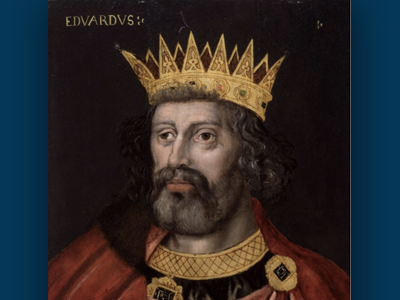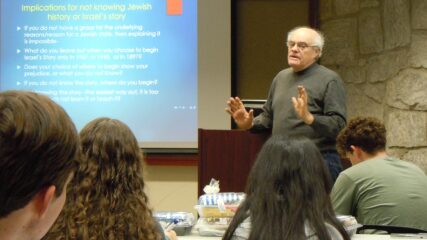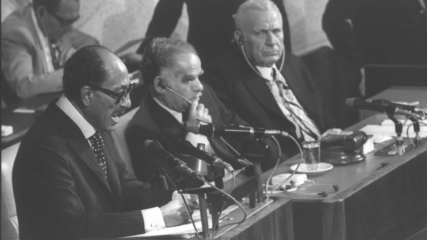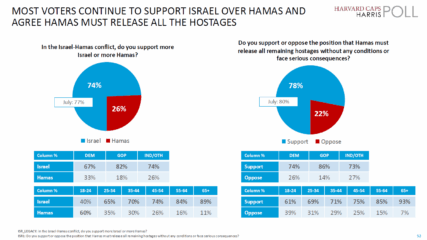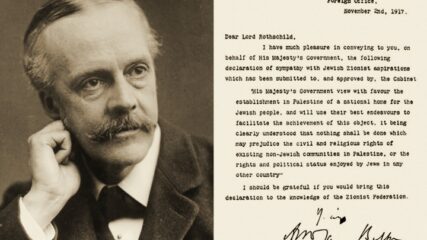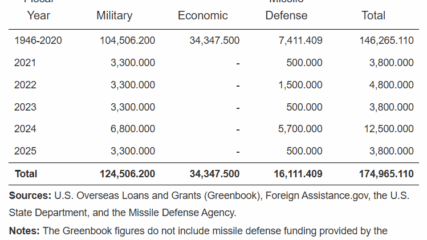July 18, 1290
Following decades of exploitation and persecution that included heavy taxation and attempts at forced conversion, King Edward I of England issued an expulsion order for the Jews of England. England’s Jews were allowed to take only personal possessions with them; their property was confiscated.
Jews had settled in England later than in other parts of Europe, with the first Jewish settlers arriving in the eleventh century. In 1096, as the Crusades ravaged the Jewish communities of Normandy, large numbers of Jews left northern France to settle in England. This pattern continued into the twelfth century when King Henry I issued a charter for the Jews and King Stephen extended protection to Jews. The Jewish population grew with arrivals from Germany, Italy and Spain.
Despite these protections, the Jews of England were often subjected to persecution, high taxation and other discriminatory acts during the twelfth century. The low point for Jewish life in Medieval England came during the reign of King Richard I, known as Richard the Lionhearted, who ruled from 1189-1199. Richard led the Third Crusade in England and over an eight-month period in 1189-1190, a wave of massacres swept through the English Jewish community.
Although life for England’s Jews eventually stabilized, they were still subjected to attempts at forced conversion and to high taxes. The expulsion decree of July 18 followed a decades-long policy of isolating Jews by restricting where they could live and limiting the occupations in which they were allowed to engage. However, the Jewish community had become so impoverished that their contribution to the royal tax coffers was negligible. Their expulsion thus had only a minor effect on the English economy. Approximately 4,000 Jews were expelled, and most went to France or Germanic lands. Jews were not readmitted to England until 1656.
The picture shows King Edward I.

